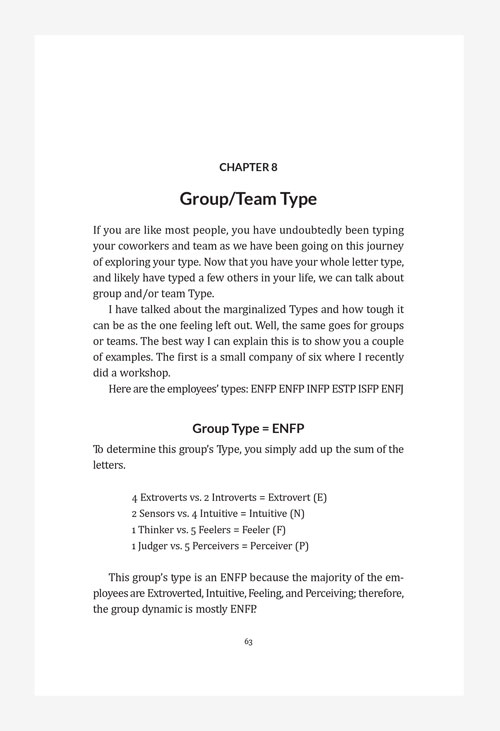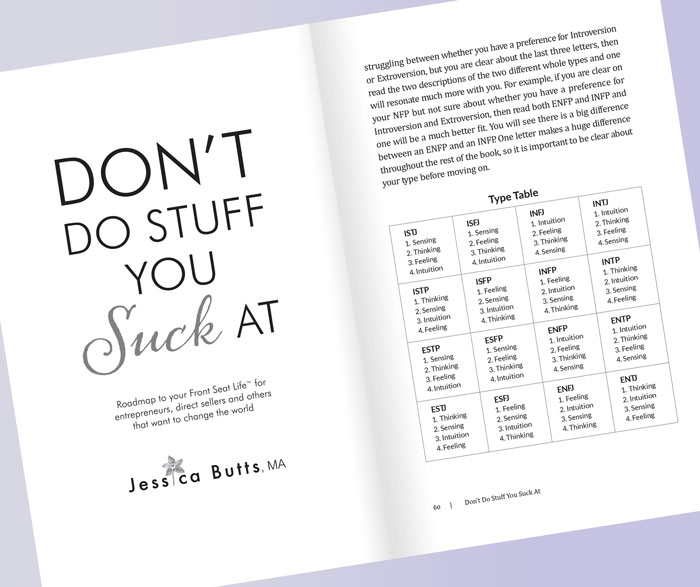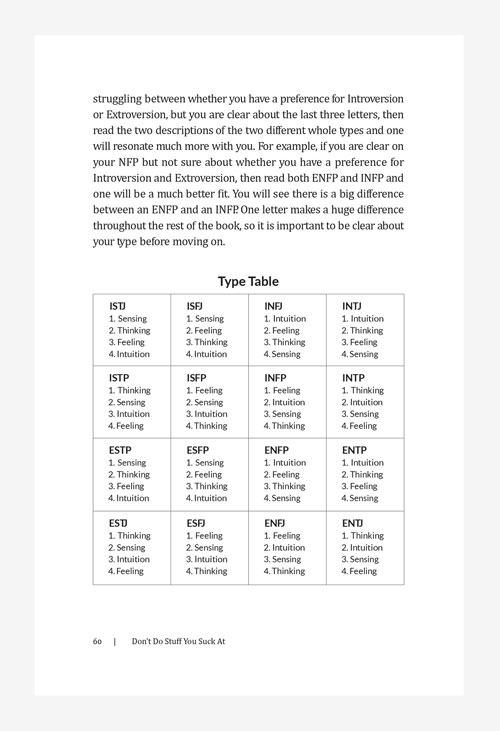
Level 2 Interior Page Design
For $4 per page, we upgrade your interior design service to include advanced features, giving you the same attention to detail and quality of a professionally published book. Level 2 Page Design allows for more complicated layouts that require time-intensive formatting. Books at this level are often intended for specialized purposes, such as religious texts, poetry books, technical manuals, scholarly works and non-fictions.
Our designers will work with you to help determine what level of interior page design is right for your project. Additional design services are available for charts, graphs, tables, logos, line art and more! Make sure to talk to your designer if you are interested in these features.

All Level 1 Features
In addition to the following features, Level 2 Page Design includes all Level 1 features.

Complex Front Matter
All pages that appear before the start of your first chapter are considered front matter. Some books require complex front matter formatting with features like: preface, foreword, acknowledgements, introduction or prologue. Well designed front matter can help elevate a book's credentials and expand upon the main content.
Complex Back Matter
Back matter refers to all pages that appear after the last chapter or conclusion of a book. Common sections include: endotes, sources, bibliography, appendices and chapter notes. Each feature follows its own particular design rules, often requiring special characters like superscript or subscript.
Text Block Formatting
The traditions of hundreds of years of book design have resulted in a myriad of rules for hyphenation, spacing, leading and justification. Don't stress the little things! Our designers carefully address each one of these details, allowing you to focus on what matters: your writing.

Quotations or Inset Passages
Books with many quotations, bible verses or literary passages require more time to format. Space must be allowed before, after and around these inset areas to set the quotation apart from the main body text.
Bulleted and Numbered Lists
Lists are important tools for condensing information, but improperly formatted lists often get lost in the text, having the reverse effect. Bulleted numbers and lists require careful spacing and attention to ensure consistency from list to list.
Running Headers and Footers
Running headers show the title of the book on the left page (verso) and the title of the chapter on the right pages (recto). They change with each new chapter and each new front or back matter section. This is different than basic headers, which stay the same throughout the book.
Printed Proof (Unbound)
A printed proof is one of your most valuable tools in the editing process. At Level 2, you will receive a printed proof of your interior pages. Printed proofs provide an accurate color representation of your pages and make it convenient to review, reorganize and make written revisions.

Order Form
Another time-consuming page to format, the order form is full of details that require precise placement, such as prices, taxes, shipping, addresses and business information. Our designers save you the hassle by crafting a professionally styled form to meet your exact needs.

Emailed Preview of Your Design
At this design level, we email you a preview of a few pages to review. This gives you an oppurtunity to provide input on the layout and suggest adjustments, ensuring that the final work meets your exact specifications.
Footnotes
Sometimes you have a lot to say and not enough room to say it. There's where footnotes come in. Footnotes require very specific design treatments to account for bottom margins, indentation and superscript numerals within the text.
Index
Indexes are helpful tools that allow your readers to quickly navigate to specific topics in your book. If you have prepared an index, our designers will handle the editing and all the little details necessary for a polished, easy-to-read index. Review our indexing tips to learn how to plan and format your index.
